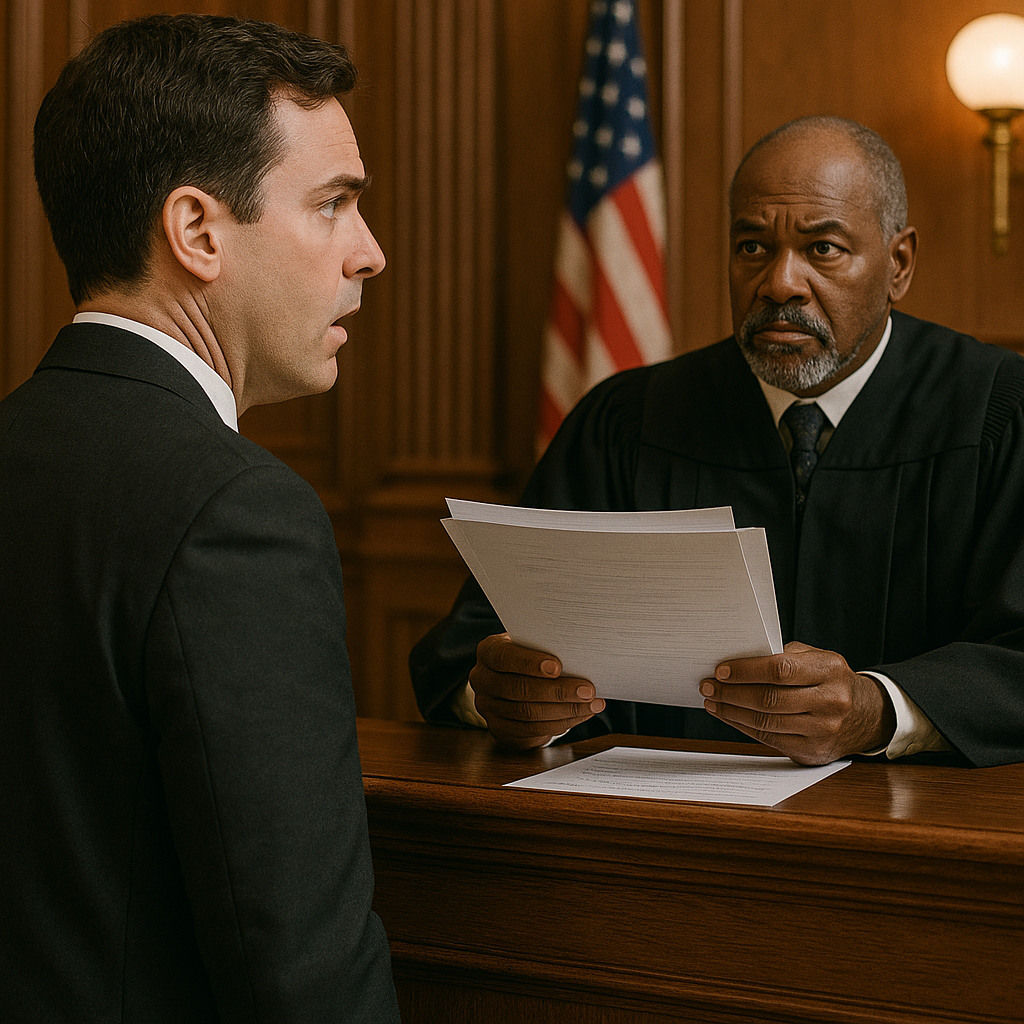In June of 2008, Steven and Gail White’s Farmington Hills, Michigan, home was severely damaged by fire. The White’s insurance company, State Farm, performed a valuation of the fire damages, but there was a disagreement between State Farm and the Whites regarding the amount of the loss. The policyholders hired Jeffery Moss, of Associated Adjusters Inc., as their public insurance adjuster. When the parties could not agree on the amount of loss, the claim was put into appraisal. Each party was to name an appraiser to work on the panel with an umpire to determine the amount of the claim. Jeffery Moss was named as the homeowners’ appraiser, but State Farm objected to Moss and refused to go through the process with him. According to the court opinion, the Insurance Code details the appraisal process in Michigan, but the portion of State Farm’s policy which outlined the appraisal process was not inline with the insurance code.
The Michigan statute requires the appraiser for each party to be independent, and the umpire to be impartial. State Farm’s policy issued to the Whites said that the appraiser had to be disinterested.
State Farm rejected Moss as an appraiser, arguing Moss was not independent because he was retained by the Whites as a public adjuster on a contingency basis. The Whites assigned 10% of their claim to Moss for his work as their public adjuster. As for the appraisal duties, Moss was to be paid on a time-and-expense basis, but the total paid to Moss would not exceed 10% of the final amount obtained from State Farm.
When State Farm refused to allow Moss to act as the both the appraiser and public adjuster on the loss, the Whites filed a declaratory action asking the court for relief. State Farm argued that the Michigan Insurance Code on appraisal was unconstitutional and was a violation of State Farm’s due-process rights. The trial court ruled that Moss was an independent appraiser and could help the Whites with this part of the claim process, and that the Code was not unconstitutional.
State Farm appealed the ruling and the three judge panel in Oakland Circuit Court upheld the trial court’s decision. Both the opinion and the concurring opinion are available here.
When it comes to determining whether a public adjuster can be independent appraiser as required in the Michigan Insurance code, the Court said yes.
We…hold a contingency-fee agreement does not prohibit an appraiser from being “independent” under MCL 500.2833. (footnote omitted) Moss is clearly “‘not subject to control, restriction, modification, or limitation’” by anyone. ..Moss testified that he makes his own determinations regarding the loss and does not listen to his clients regarding a recommended settlement amount, and defendant’s appraiser agreed. Moss is “independent,” and we affirm the trial court’s decision. (footnote omitted)
The due-process agreement raised by State Farm was also quashed by the Court.
Public adjusters and appraisers are hired to assist in presenting a claim to an insurance company and to assist in any dispute that might arise, respectively. They are more similar to attorneys than to judges and umpires….Auto-Owners, 238 Mich App at 401, allows for the likelihood of a party-appointed appraiser being biased towards the party that retained him. This does not deprive defendant of any constitutional right. The cases cited by defendant in favor of its position assume that an appraiser is directly analogous to a judge. They are not binding in this situation because Moss is not required to be quasi-judicial or impartial. (citations omitted) Moss is not a quasi-judge and there has been no denial of defendant’s due-process rights. The trial court did not err in its ruling.
Michael Fabian, of Fabian, Sklar & King, represents Mr. and Mrs. White. I contacted Fabian directly, and he provided our office with more details about the case.
This case is very significant because it expands the law that previously existed under both Linford Lounge and Allied Adjusters cases, in that it specifically held that the public adjuster did not have to rescind the public adjusting contract when he moved forward and acted as the appraiser for the insured…We are proud of this decision, which clarifies Michigan law and applies a common sense standard to appraisal proceedings. It also ends State Farm’s policy of objecting to public adjusters as appraisers because of the existence of their percentage fee agreement.
Next Saturday, I will write in more detail about the work done by Attorney Fabian to show the Court the flaws in State Farm’s arguments, review how the Florida case of Rios v. Tri-State Insurance Company guided the Michigan Court, and evaluate the well-written concurring opinion that calls out State Farm and details the potential problems that would have developed had the Court bought State Farm’s ideas.




